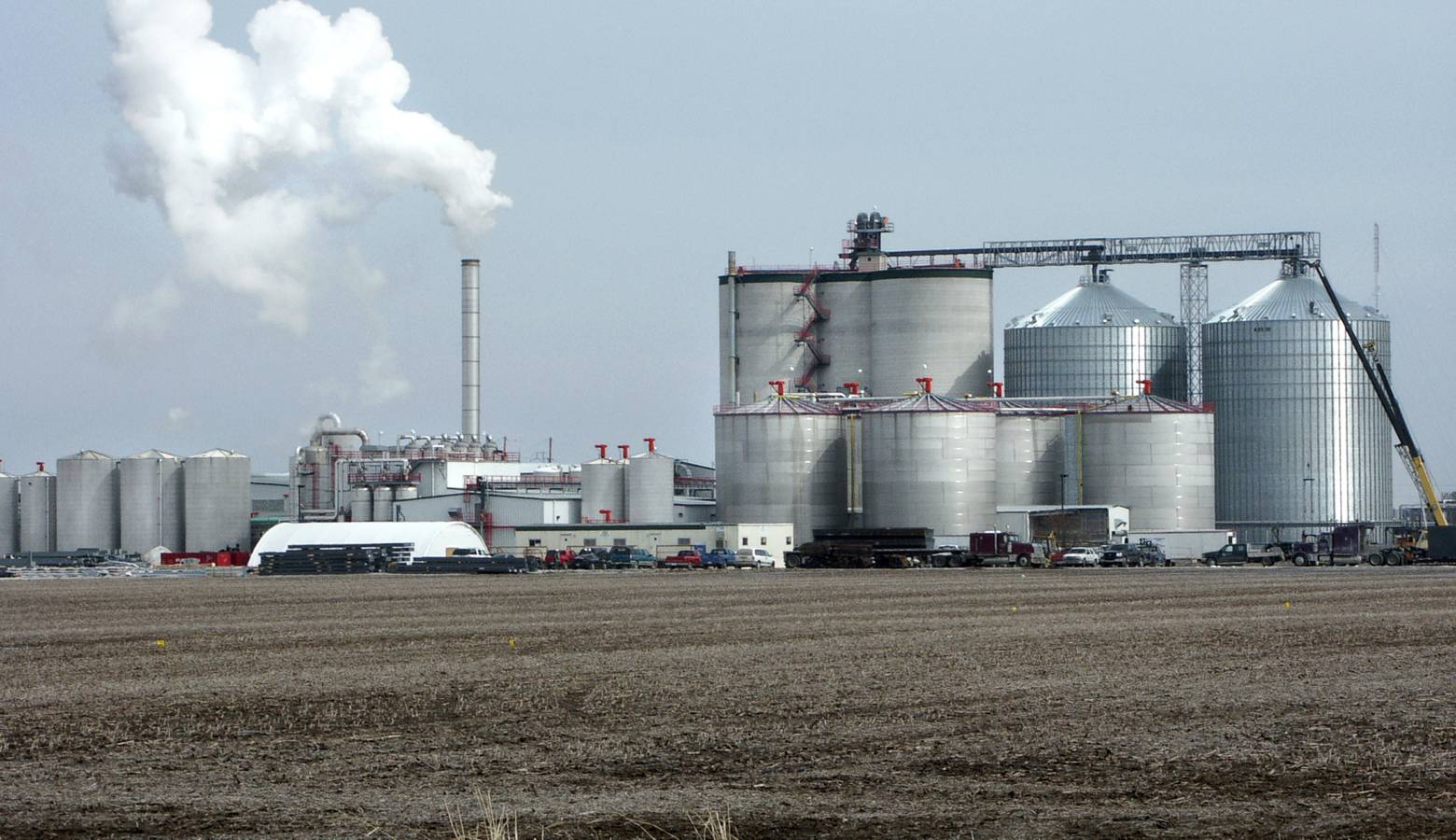GAO: Ethanol Mandate Not Having Big Impact On Greenhouse Gas Emissions

The Renewable Fuel Standard gradually increases the amount of biofuels like ethanol that have to be blended into gasoline in the United States. It’s supposed to reduce greenhouse gas emissions. But a recent analysis by the federal government’s internal watchdog agency shows it hasn’t had much of an effect.
Mark Gaffigan is the director of the natural resources and environment team at the Government Accountability Office (GAO). He says ethanol can be made out of all kinds of things, but in this country we tend to use corn.
“Which is more energy intensive,” Gaffigan says. “It requires more fertilizer and other products that are more fossil fuel intensive.”
Things like grasses, wood, and algae produce fewer emissions, but are less cost-effective.
“We grow a lot of corn in this country and we already have the established infrastructure to do that. So I think it’s a matter of convenience,” Gaffigan says.
As a result, the GAO says the U.S. is unlikely to make its emissions reductions goals under the Renewable Fuel Standard. In 2015, the U.S. only produced 5 percent of its target amount of biofuels from plants like grasses, wood, and algae.
The GAO report comes just days after the Trump administration announced its one step closer to allowing sales of E15 gasoline year round.
As of 2016, Indiana ranked fifth in the nation for ethanol production.
READ MORE: New Research Claims Ethanol Mandates Harm The Environment
Indiana Environmental reporting is supported by the Environmental Resilience Institute, an Indiana University Grand Challenge project developing Indiana-specific projections and informed responses to problems of environmental change.
